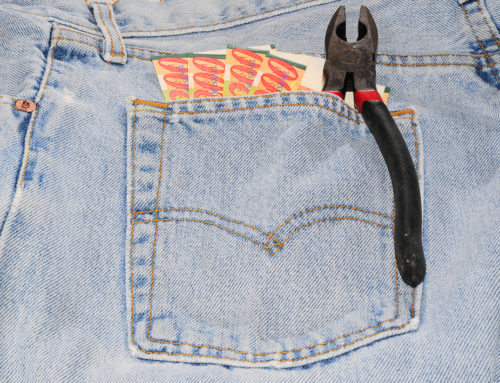The US automobile industry has gone through some drastic changes over the past few years. Changes in automotive demand volumes, the changing demographics and the variations in the nature of cars that are demanded are putting the industry through major structural changes. 62% of all consumers now prefer buying used cars, Tesla reported profits in the final quarter of 2019 owing to higher demand for EVs and we expect car sales to fall to 16.8 million in 2020.
The consumer side of this equation set aside, automotive manufacturers and suppliers are scrambling to manage these industry currents to keep themselves afloat. The changes in demand have basically turned a thriving and efficient automotive industry into a supply chain nightmare that can’t keep up with consumer spending trends. Unless manufacturers transform their supply chains to cater to industry demand effectively, they can’t hope to survive for very long.
Some of the biggest challenges to automotive supply chain right now are:
Inventories are Overstocked
It was concluded in October 2019 that the global automobile industry is slowing down. Statistics indicate that global automobile demand had peaked earlier in the year and the industry accounted for 30% of the fall in global trade volumes. These impacts are also felt in the US and automotive suppliers have more cars in stock that they can sell. Holding extra inventory presents major inefficiency risks and sunk-costs if manufacturers can’t sell these cars in a hurry.
Environmental Regulation
A few years ago, the higher-ups from the automotive industry sat with regulators to agree to a set of regulations that the automotive industry is finding difficult to meet. These new regulations required all manufacturers to double fuel efficiency and cut carbon emissions by half by 2025. To remain profitable when the deadline hits, manufacturers are changing up their product lines, which is affecting other aspects of organizational performance—like the supply chain.

Inflexible Logistics
In the face of consistently changing consumer trends, automotive manufacturers are struggling to match the demand in the market. It’s an uncertain time in the automotive industry, with choppy waters that are beyond the influence of the manufacturers themselves. Logistical chains are becoming difficult to manage because no one knows what to expect—leading to supply chain problems throughout the industry.
Product Recalls
Back in 2019, Mercedes had to recall some of its models based on safety and environmental concerns. The recall cost the company $1.3 billion in lost sales as well as the costs of facilitating the recall itself. These product recalls from regulatory non-compliance can have major impacts on all manufacturers. Since environmental and safety regulatory bodies are penalizing manufacturers all over the world—this is disrupting the automotive supply chain globally.
Lankar is software for automotive businesses to help manage finances, marketing and the supply chain. It is designed specifically for the needs of small automotive business owners as a complete automotive shop management solution. For more information on Lankar, visit our website today.







Leave A Comment